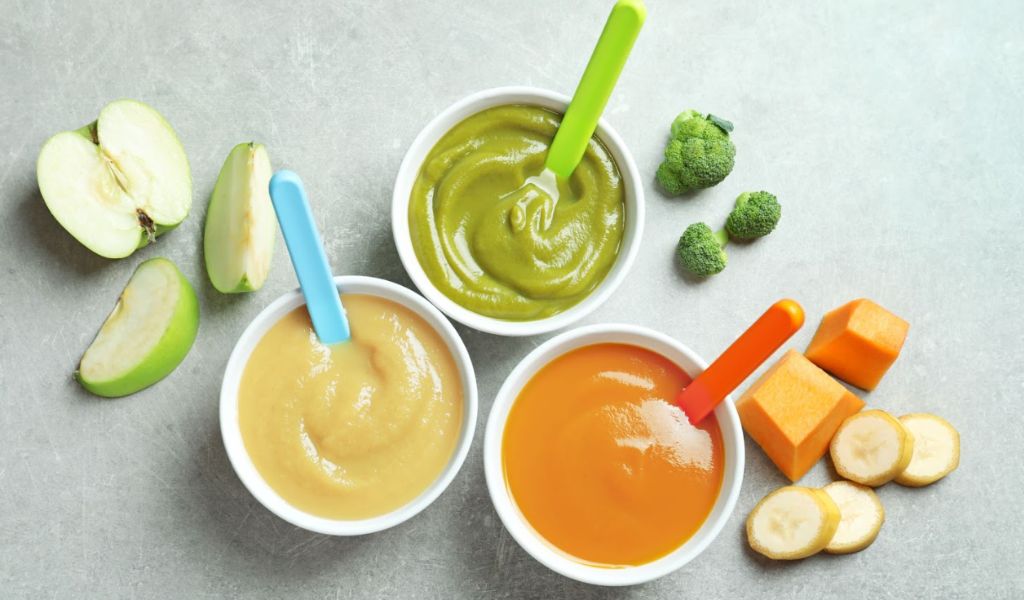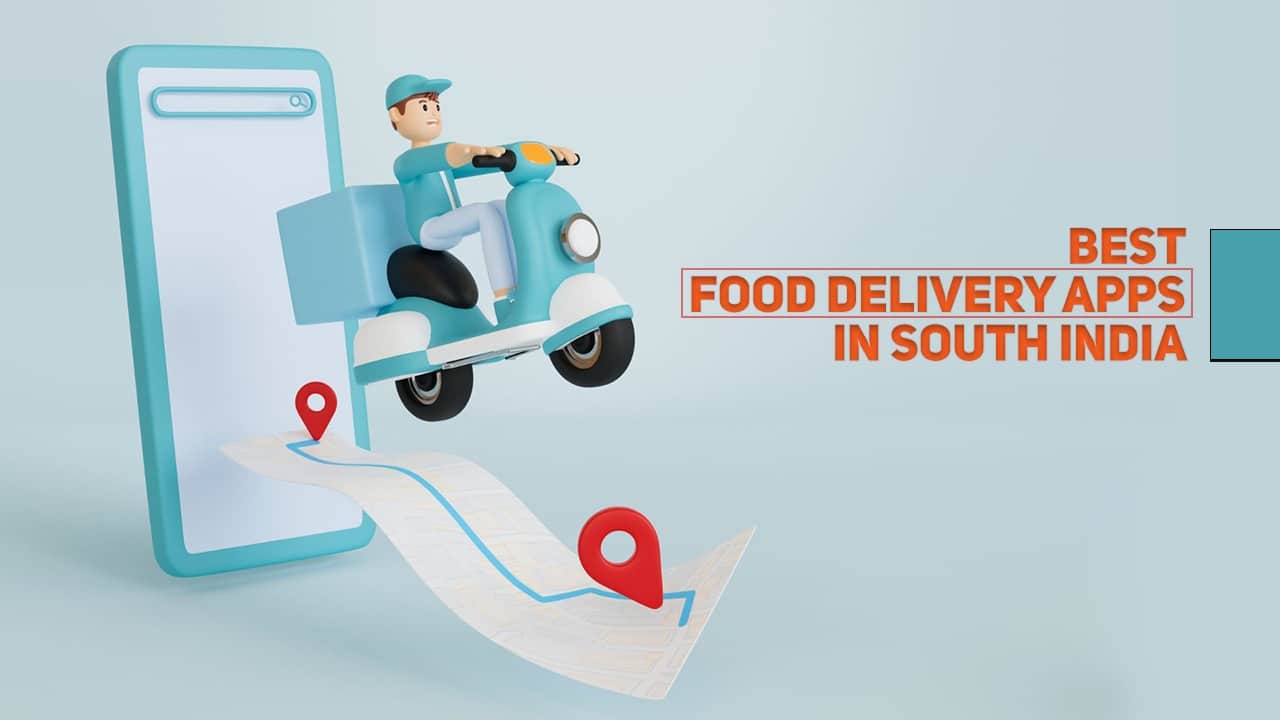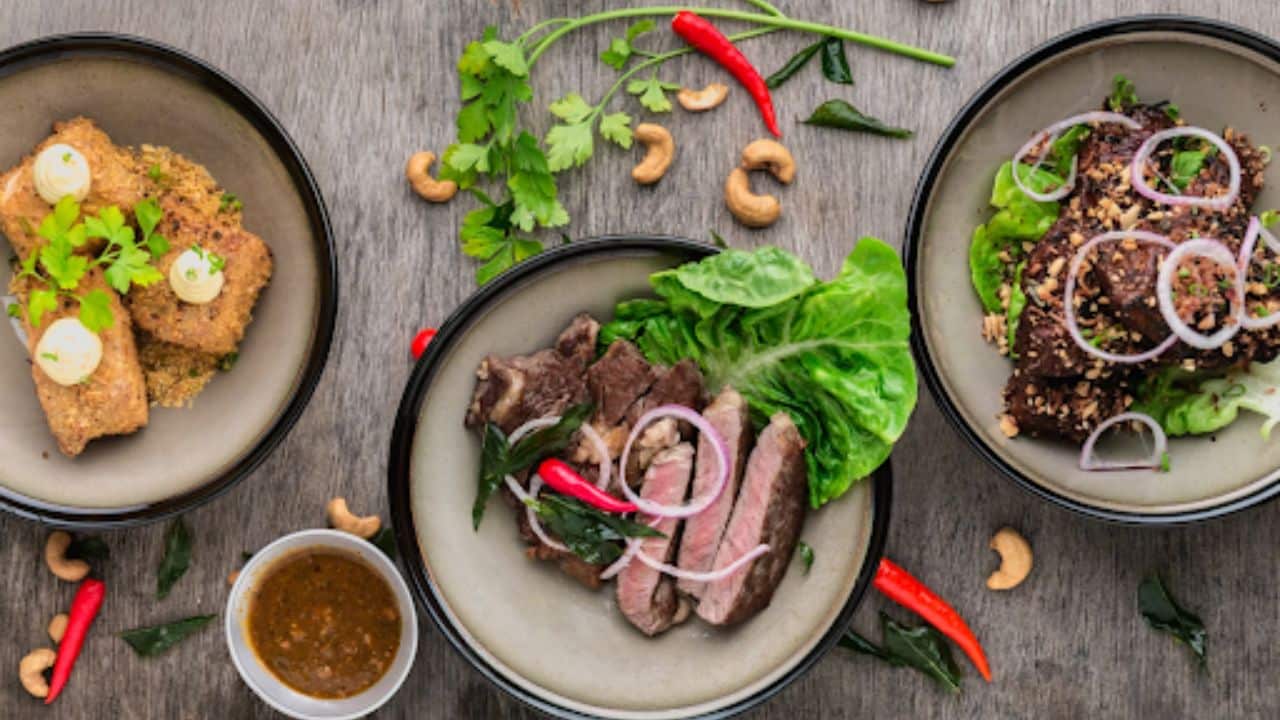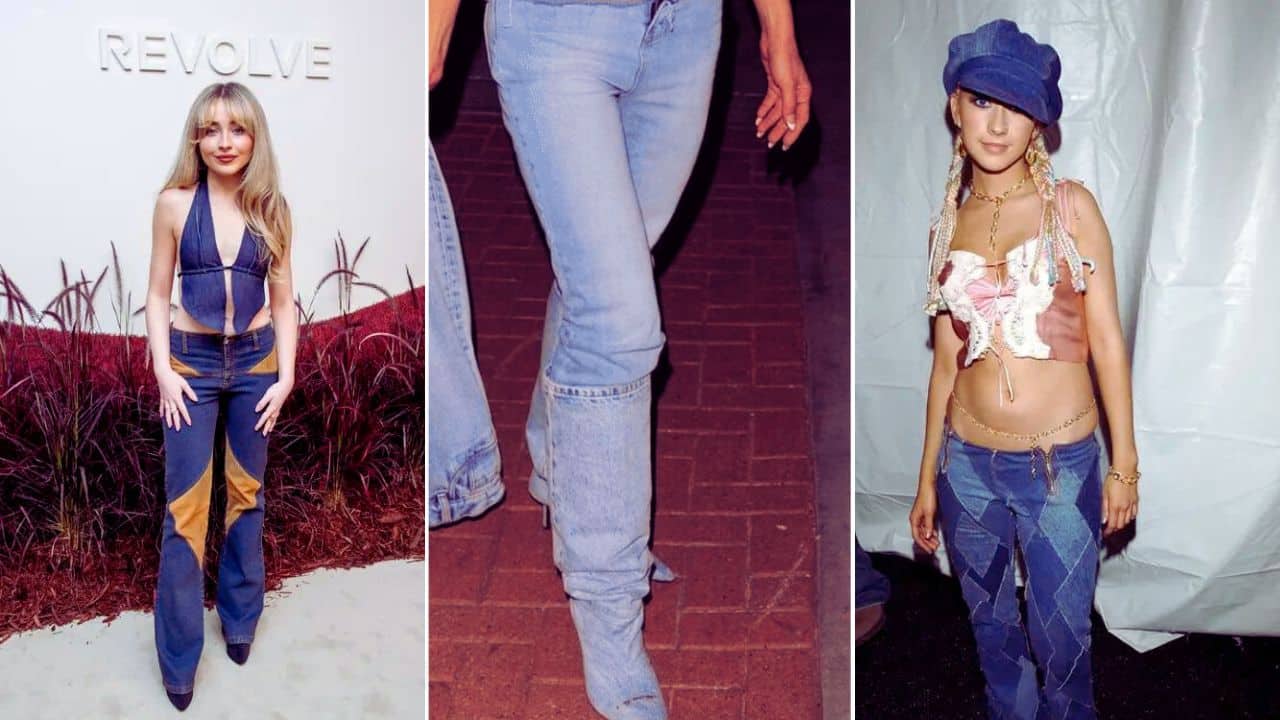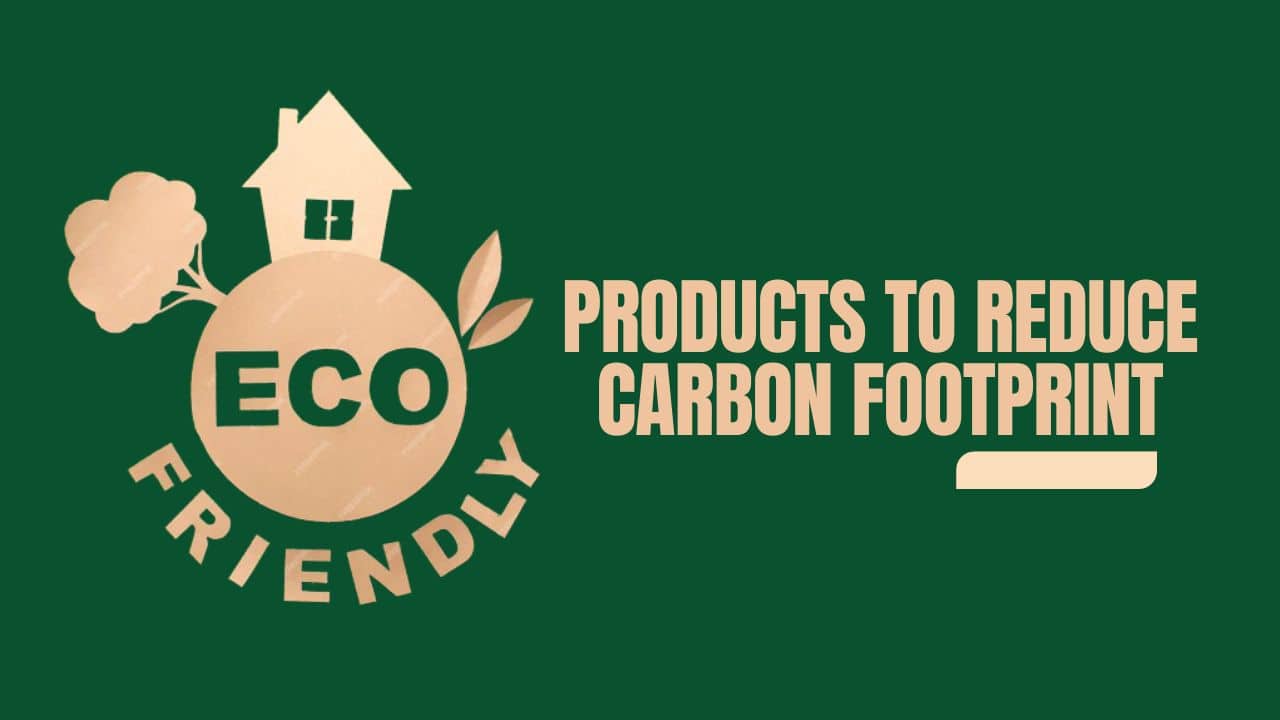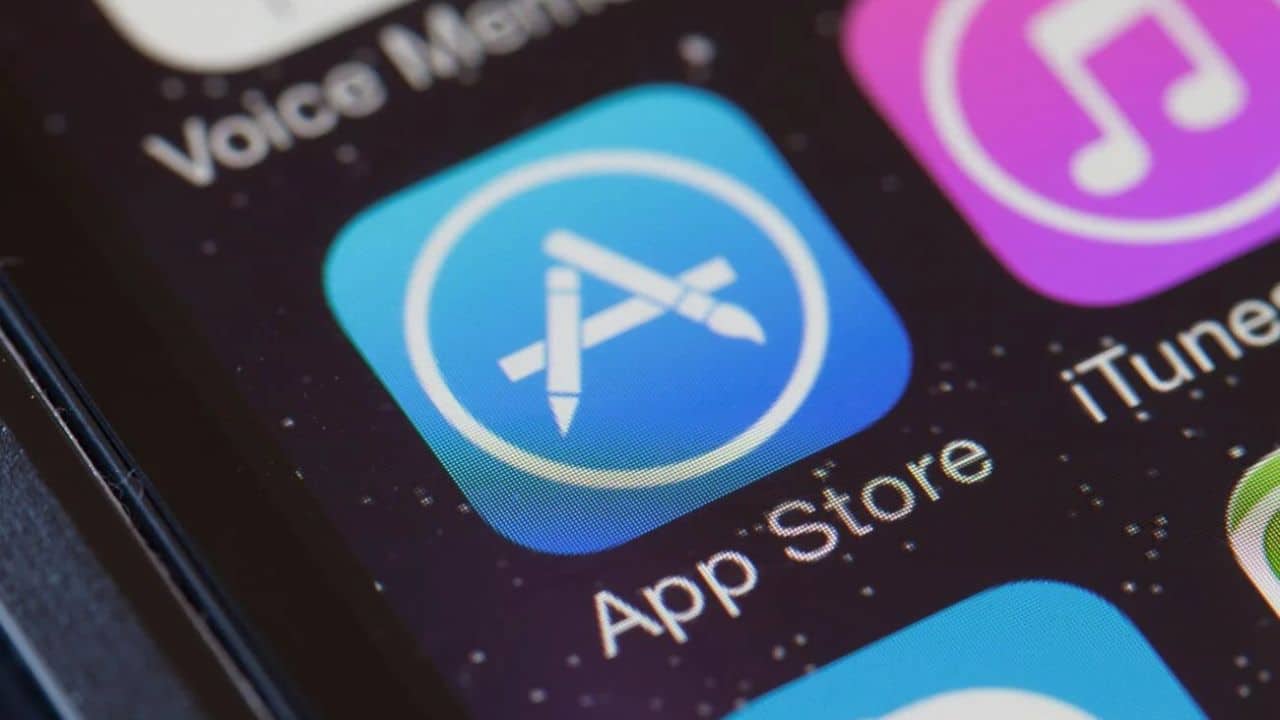Baby food is one of the things that stresses newborn mothers. What should you feed your baby? When should you introduce solids after weaning, and which comes first? These are some of the questions good mothers always ask.
This article highlights some handy dos and don’ts of making homemade baby food to help ease your stress away.
Here’s what you need to know:
The Dos
When you make baby food at home, take care to follow these steps:
-
Go At Their Pace
Babies develop gradually. Hence, you should only give them homemade food suited for their stage of growth.
You’ll often find baby food grouped into three stages.
Stage 1 food contains the water puree of one ingredient and is ideal for babies at around six months.
Stage 2 consists of thick food you’ve mashed or strained through a sieve. It’s ideal for babies between six and nine months.
Lastly is stage 3, where the food is chunkier, although still mashed. Give this food to a baby between ten and twelve months.
Various online sources, like Serenity Kids, have recipes for homemade baby food for each stage. Books are also another source; find ones with good reviews and backing from experts to use as guides.
-
Prepare Your Baby For The Change
Most doctors recommend introducing solid foods to your baby at six months; others recommend four months. The best way to determine this is to work closely with your paediatrician, who can check how far along your child is in their development.
Some aspects to check are the baby’s ability to sit on their own without falling and hold their head up. Also, check if they get hungry between their previous breastfeeds intervals.
The last tell-tale sign is if your baby starts showing interest in your food. You’ll see them grabbing at what’s on your plate.
-
Take Note Of Allergies
The weaning period is when you start learning more about your baby’s feeding habits, what they like and don’t like, and whether they have allergies.
Watch out for reactions after they’ve ingested a particular food; it could be diarrhoea, vomiting, or rashes. Paediatricians advise following the three-day rule. It states that you should feed your child one type of food for three days before giving them another. Doing this enables you to identify allergies quickly and take the necessary actions, like informing the paediatrician to confirm the allergy.
The Don’ts
Now, here’s what you mustn’t do if you want to keep your baby safe:
-
Do Not Feed Them Leftovers
Babies at a younger age are highly likely to fall sick since their immune system isn’t well-developed.
One way to compromise their immunity is by feeding them leftovers. Bacteria will multiply on food left out overnight or for a few hours, especially when fully exposed.
As much as possible, make sure you prepare fresh food for all their meals. It’d help to start with small portions for each one, depending on their eating habits. Doing so prevents wastage since giving them the leftovers isn’t an option.
-
Do Not Compromise On Hygiene
As previously stated, your baby’s immunity is low in their early stages, making them prone to sickness. Consequently, you shouldn’t compromise hygiene, especially when transitioning from breast milk or formula.
For example, you might introduce bacteria to your baby if you feed them directly from the jar you’ve used to prepare the food. To prevent this, put their meal portions on a separate plate or bowl and feed them from there.
The same thing happens when you wash your baby’s feeding items with yours and others. It’s advisable to wash your baby’s feeding items separately and sterilize them as a precaution.
Lastly, it’s likely that the ingredients you use, like carrots, kale, or pumpkins, have trace chemicals on them. Wash them thoroughly before cooking them.
-
Do Not Ignore Food Components
Foods differ in nutritional value and content. Some are sugary, others are salty, while others are sour. While each one offers a different experience for your child’s first forays into solids, you shouldn’t overlook what produces these flavours.
For example, high-sugar foods can introduce your baby to serious sugar cravings as they grow up. That can lead to problems like tooth decay and diabetes.
Always be careful with what you feed your baby. Work with their paediatrician to learn food choices that offer both good nutrition and flavour as their starter meals.
Start Them Right
Making homemade baby food is one of the best ways to wean your baby. However, you shouldn’t just dump what looks promising into your child’s mouth and hope for the best. Keep these pointers in mind and more to keep them safe as they transition into solid food. As always, put an expert’s advice first.

